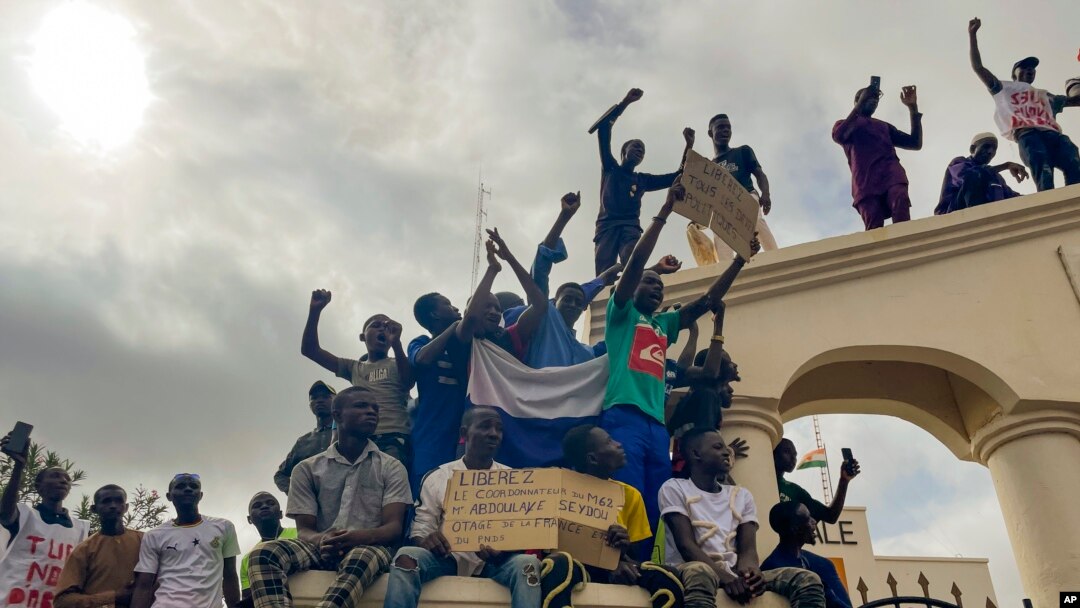Assistant Secretary of State for African Affairs Molly Phee said she had met the top ministers in Niger's ruling military council — known as the CNSP — and encouraged them to announce a timeline for a swift transition back to democratic rule.
"In our discussions, I confirmed the intent of the United States to resume security and development cooperation in phases, reciprocally as the CNSP takes actions," Phee told a press conference in the Nigerien capital Niamey.
Niger has been an important ally in Washington's fight against Islamist insurgents who have killed thousands of people in West Africa's Sahel region.
The U.S., like France and other Western partners, cut off aid to Niger after the military coup. But it did not withdraw its troops, leaving room for cooperation to resume.
Niger's junta has kicked out French troops and severed security pacts with the European Union since taking power, leaving Western allies concerned that the country could become a new foothold for Russia in the region.
In a letter sent to Congress last week, President Joe Biden said there were about 648 U.S. military personnel deployed in Niger. Prior to repositioning troops in September, there were about 1,100 U.S. troops in the country.
Over the past decade, U.S. troops have trained Nigerien forces in counterterrorism and operated two military bases, including one that conducts drone missions against Islamic State and an al-Qaeda affiliate in the region.
"I have made clear to the CNSP that we want to be a good partner again, but the CNSP has to be a good partner to the United States," Phee said.
Phee said she urged the junta to respond positively to an offer for high-level negotiations with West African bloc ECOWAS, which said on Sunday that it would ease sanctions on Niger if talks with the military leaders went well.
She also said the U.S. hoped to achieve a "satisfactory resolution" regarding the status of former President Mohamed Bazoum and his family, who have been held under house arrest since the coup.



